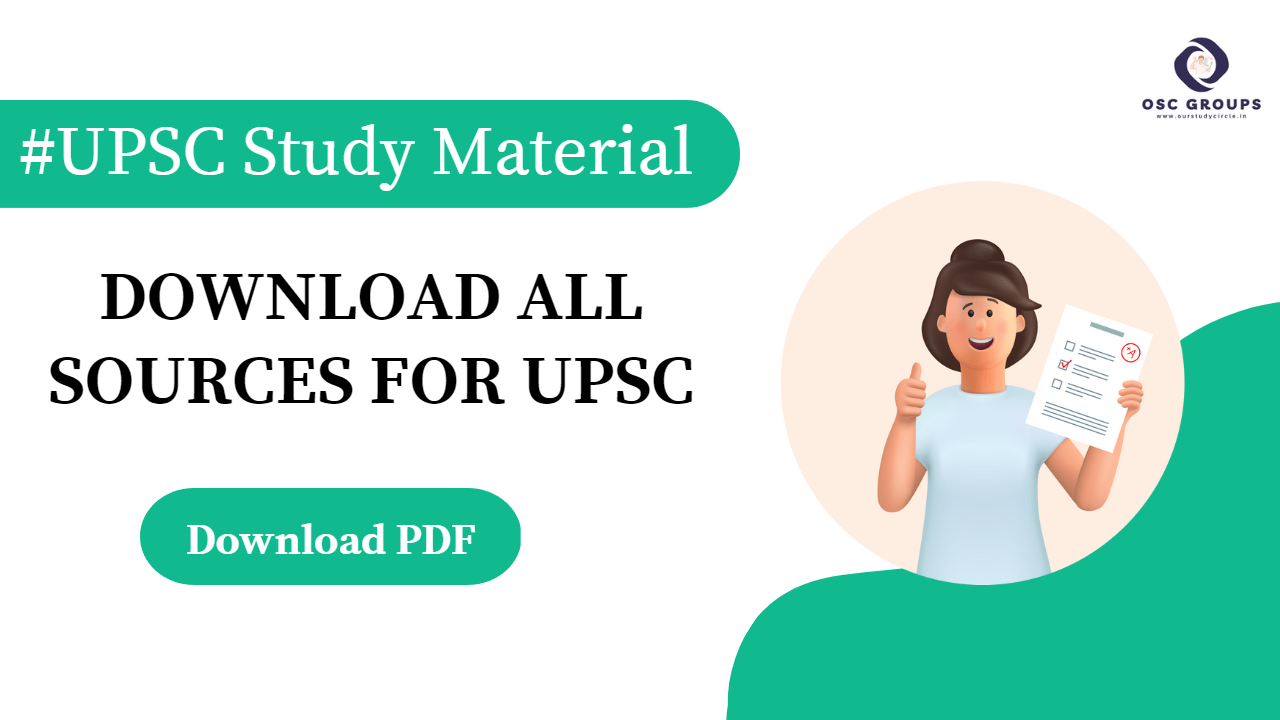Indian Polity and Constitution Short Notes PDF
Indian Polity and Constitution Short Notes PDF, These are crucial topics for any competitive exam in India. Aspirants preparing for exams such as UPSC, State PSCs, and other government job exams must have a good understanding of Indian Polity and Constitution. Here are some short notes on Indian Polity and Constitution that can help aspirants in their preparation:
- Constitution of India: The Constitution of India is the supreme law of the country. It was adopted on November 26, 1949, and came into effect on January 26, 1950. It is the longest written constitution in the world and consists of a preamble, 22 parts, and 395 articles.
- Fundamental Rights: The Constitution of India provides six fundamental rights to its citizens, namely the right to equality, right to freedom, right against exploitation, right to freedom of religion, cultural and educational rights, and the right to constitutional remedies.
- Directive Principles of State Policy: The Constitution of India also provides for Directive Principles of State Policy, which are guidelines for the government to ensure social and economic justice, equality, and the welfare of the people.
- Federal System: The Indian Constitution provides for a federal system of government, where power is divided between the central government and the state governments.
- Parliamentary System: India follows a parliamentary system of government, where the President is the head of the state, and the Prime Minister is the head of the government.
- Union Legislature: The Union Legislature in India consists of the Rajya Sabha (Upper House) and the Lok Sabha (Lower House).
- State Legislature: The State Legislature in India consists of the Vidhan Sabha (Lower House) and the Vidhan Parishad (Upper House).
- Judiciary: The Indian Judiciary consists of the Supreme Court, High Courts, and Subordinate Courts. The Supreme Court is the highest court of the land and has the power of judicial review.
- Election Commission: The Election Commission of India is an autonomous body responsible for conducting free and fair elections in the country.
- Emergency Provisions: The Indian Constitution provides for three types of emergencies – National Emergency, State Emergency, and Financial Emergency.
Why to Prefer Short Notes while Exam Preparation?
Reading short notes is an effective way of preparing for exams, especially for competitive exams such as UPSC, State PSCs, and other government job exams. Here are some reasons why reading short notes is useful for exam preparation:
- Easy to understand
- Quick revision
- Saves time
- Better retention
- Useful for last-minute revision
Download Indian Polity and Constitution Short Notes PDF
Indian Polity and Constitution Short Notes PDF – Click Here
However, it is important to note that short notes should not be the only source of preparation. Aspirants should also read textbooks, reference books, and other study materials to get a deeper understanding of the concepts. Short notes should be used as a supplement to other study materials to reinforce the key points and aid in quick revision.

